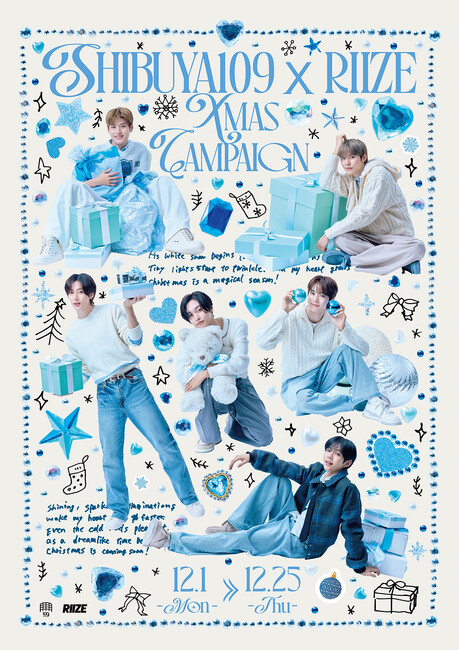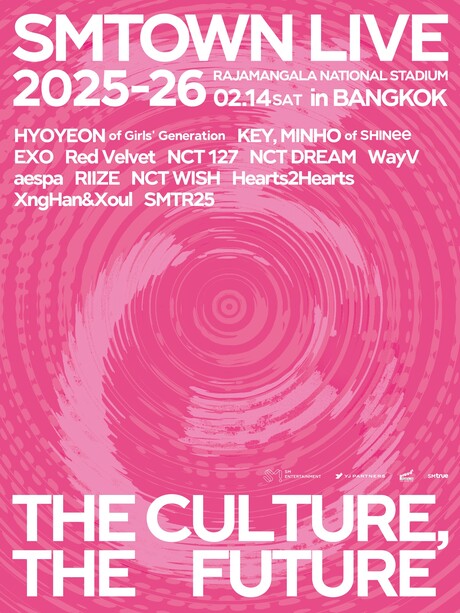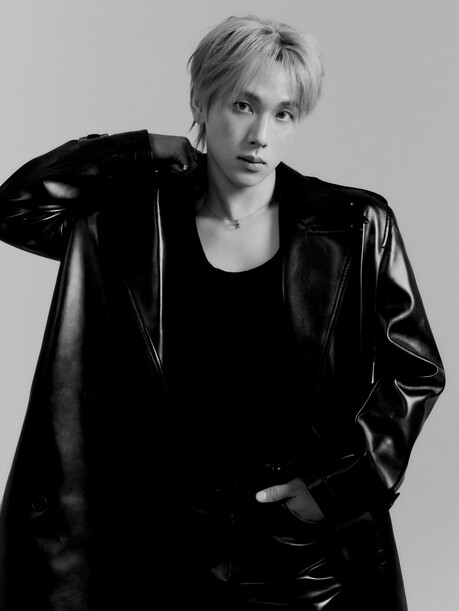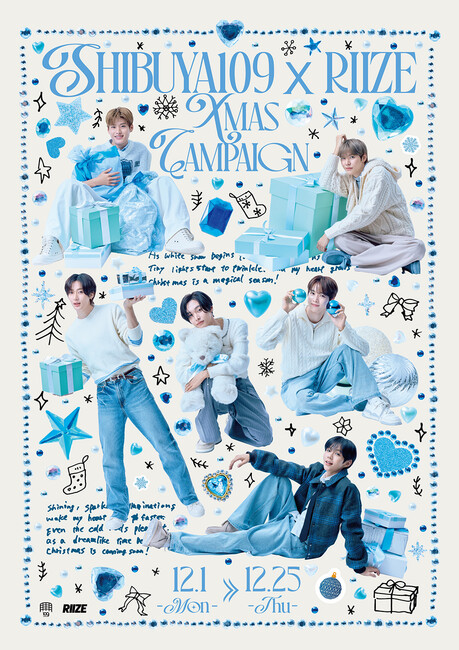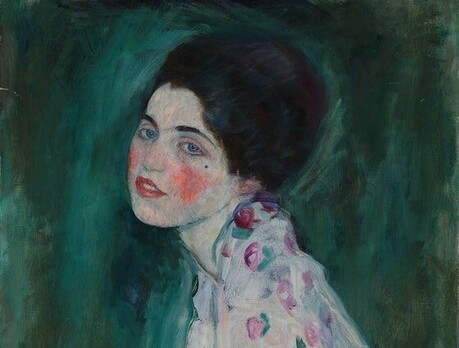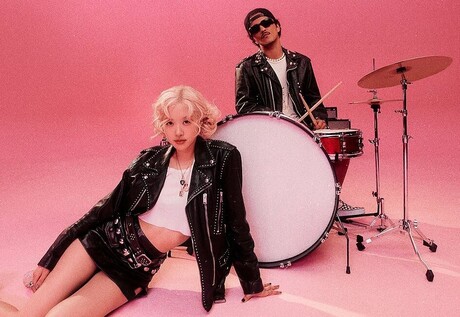After more than two decades of building her high-fashion empire in Paris, renowned South Korean designer Woo Young-mi has made a triumphant homecoming with the opening of Wooyoungmi's first flagship store in Seoul's vibrant Itaewon district on Wednesday. The landmark debut represents a significant milestone for the designer who became the first South Korean to showcase on the Paris Men's Fashion Week calendar.
"Itaewon is a neighborhood of diversity where different cultures and nationalities coexist, creating a young and hip energy," Woo explained during an interview with The Korea Herald. "Embracing such diversity is our brand's most important philosophy." The choice of location reflects the designer's commitment to openness and cultural fusion that has defined her career.
The store's striking architectural design embodies this philosophy of diversity and openness. Created in collaboration with Swiss firm Stocker Lee Architetti, the building features a dramatic facade of concrete and glass blocks that rises in organic curves, mirroring the undulating terrain of Itaewon's hilly landscape. The interior design is equally thoughtful, with shifting ceiling heights and layered vertical lines that allow natural light and ambient sounds to shape the atmosphere throughout the space.
Woo took an active leadership role throughout the entire design and construction process, emphasizing the collaborative nature of the project. "The architect Lee Dong-joon and I are similar – we are both Asian creatives working in Seoul and abroad," she noted. "Because I have a deep interest in architecture, I wanted this to be a joint project from one to ten." This hands-on approach reflects her belief in the power of creative collaboration across disciplines.
Born and raised in Seoul, Woo's journey to international fashion prominence began with her studies at Sungkyunkwan University, followed by her breakthrough victory at the Osaka International Fashion Award in 1983. She quickly established herself as a groundbreaking force in Korean fashion, challenging conventional approaches to design and marketing. In 1988, she launched Solid Homme, one of South Korea's first design-driven menswear labels, introducing innovative silhouettes to a market that was then dominated by conservative tailoring approaches.
The launch of Wooyoungmi in 2002 marked a pivotal moment in both Woo's career and Korean fashion history. She made the bold and risky decision to build the brand's reputation in Paris, the global capital of high fashion. This strategy paid off when she became the first South Korean designer to show on the prestigious Paris Men's Fashion Week calendar in 2003. Her success continued to build, and in 2011, Wooyoungmi achieved full membership in La Chambre Syndicale, the highly prestigious French fashion association that represents the pinnacle of fashion industry recognition.
Today, Wooyoungmi has established itself as a globally recognized luxury brand, with products stocked at leading international retailers including Le Bon Marche and Selfridges. The brand currently operates two flagship stores in Paris – one located in the fashionable Saint-Honore district and another in Saint-Claude – making the Seoul location the brand's third flagship worldwide.
"The goal with Wooyoungmi Itaewon was to build something bold yet simple, offering visitors space to fully absorb the brand's elegant, modern identity," Woo explained. The store serves not just as a retail space but as a complete brand experience that communicates the philosophy and aesthetic vision that has made Wooyoungmi successful on the international stage.
At the heart of Wooyoungmi's identity lies the concept of openness – a mindset that Woo considers essential not only for effective design but for survival in the constantly evolving fashion industry. This philosophy also guides her approach to collaboration and partnership. For the flagship store, she worked with several Korean artists, including furniture designer Choi Dong-wook, who created custom pieces specifically for the space, such as a distinctive curvy fabric sofa positioned in the ground-floor lounge area.
The custom sofa represents just one element of a larger artistic concept woven throughout the store. It is one of six specially designed objects scattered throughout the space, each representing different sensory experiences that Woo calls "the obsessions locked in our senses." Alongside the touch-focused sofa, visitors will find a red ear installation at the counter and nose-shaped stools, with each piece corresponding to different sensory experiences including sight, sound, smell, and other human perceptions.
"These senses are what trap us in obsession," Woo explained, outlining the philosophical concept behind the installations. "To stay open-minded, we have to free ourselves from those constraints. These objects are a reminder to our clients: Let go, breathe and shop comfortably." The artistic elements serve both aesthetic and conceptual purposes, encouraging visitors to approach fashion and consumption with a more open and relaxed mindset.
Woo's philosophy of openness extends beyond her own brand to advice for emerging Korean designers who are considering global expansion, particularly as Korean fashion gains greater international visibility alongside the broader Korean Wave cultural phenomenon. "I define myself as a hybrid designer – neither too Eastern nor too Western," she stated. "I don't think, 'I must show something Korean because I'm Korean.' You evolve only when your mind is open enough to create something young people around the world want to wear."
While emphasizing the importance of evolution and adaptation, Woo stressed that change must never come at the expense of authentic creative identity. "It's hard to survive in this fast-changing industry if you can't evolve," she concluded. "But remember – you must evolve with identity." This balance between adaptation and authenticity has been the key to her success in bridging Korean creativity with international fashion markets.

















